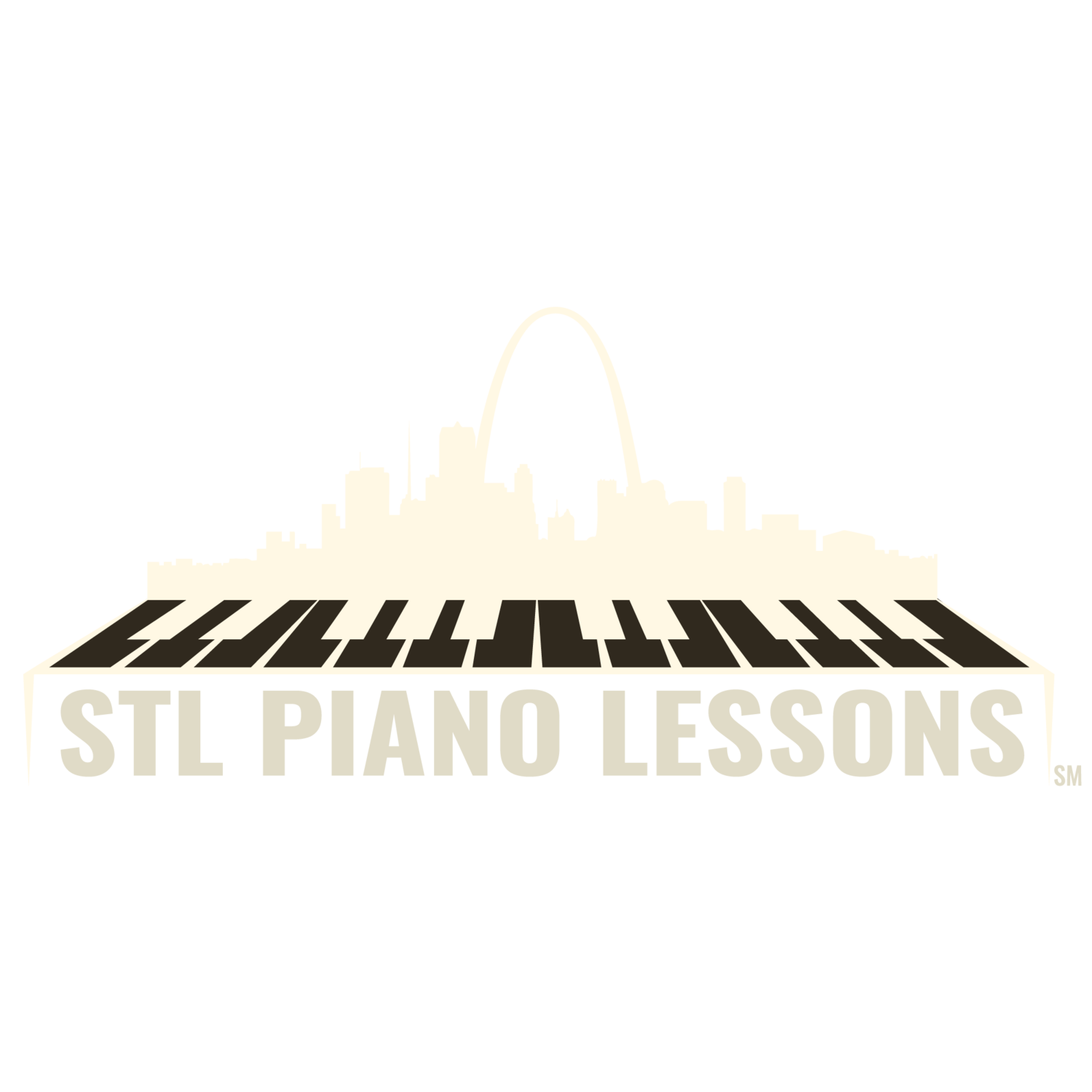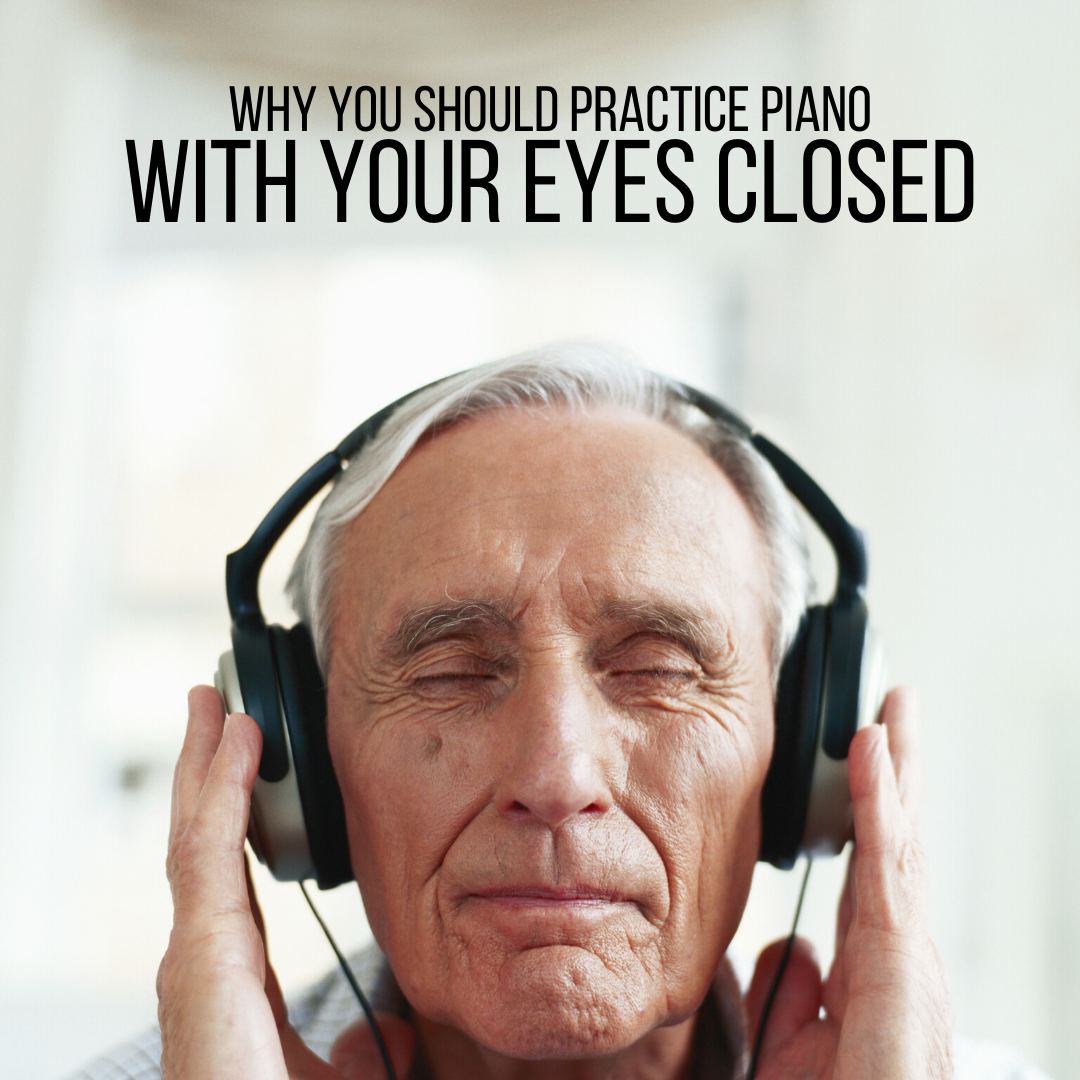Part 1: Video Games, Athleticism, And The Keyboard
Growing up I was into sports…and video games. From basketball to martial arts, I always proceeded to balance it out with a healthy dose of Mario Bro’s or Ninja Turtles. For every minute spent sweating on the court or in the dojo, I had equal if not more time invested seated on a rug with a controller in my hands, my gaze riveted to a TV screen, my body contorting in hopes to make the characters on the screen move with me to avoid imminent death. One was three dimensional and the other quite two dimensional, but both were very much mentally stimulating, so I rarely, if ever, saw much difference between them, nor saw a need to discern between the two.
They were the Ying and Yang of my day until eventually there came a point where I continued to improve at videogames but plateaued at sports. Much to my chagrin, no matter how hard I tried, I couldn't force myself to jump higher, or run faster (and the more I strained, the worse it got), but in videogames, I could always refine my movements to be quicker and more accurate, and so a disparity arose that grew with time.
My young mind didn't have the insight or analytical skills at the time to realize something that was not revealed to me until much later, after graduating from college: in videogames, it is not so pivotal how you press the buttons physically—what your legs are doing, whether your shoulders are raised with static tension if you’re breathing well—as the game/avatar does the majority of that work for you, but in sports, the how of running, jumping, passing, kicking, or what have you, is where the true skill lies, what the majority erroneously call “natural talent”.
The new Michael Jordan documentary lays this out pretty clearly, as they make it evident that Michael was not innately good at basketball, losing often to his brother and performing averagely his first years of high school, but what Michael had on top of his unparalleled grit, determination, and competitive spirit was what dancers call “poise”. A graceful and elegant bearing to his person that promoted balance and equilibrium throughout his body which in turn gave him that suspended quality when he would jump through the air to dunk the ball (hence earning him the moniker “Air” Jordan).
Growth in any skill is always slow and steady, but it is poise (or rather, the continued maintenance of poise, for we all have this beautiful freedom of movement when we are young children) that gives us that extra lift after years of hard work and study, adding exponential growth to our skill curve and potentially catapulting one to be the best in their field. Great examples include Muhammad Ali, Serena Williams, and yes, pianists like Arthur Rubinstein. Poise is both physical and mental, and as a term applies so aptly to the world of piano and piano technique, as playing a keyboard instrument is, in my opinion, the ultimate hybrid between sports/martial arts and video games.
Such a statement begs the question: “what importance does poise have to an instrument that is seemingly so nonathletic?” and even more importantly, “how does one continue to regain poise that they may have lost through years of screen watching and reading/writing, while learning a new skill as complex as the piano keyboard?”
We have only just touched on this idea of poise as it relates to making music and playing the piano, but I hope this primer will set the stage to explore this concept in further detail in a way that is more relatable to a majority of people. I look forward to diving deeper into this concept in my next blog post and breaking things down!






